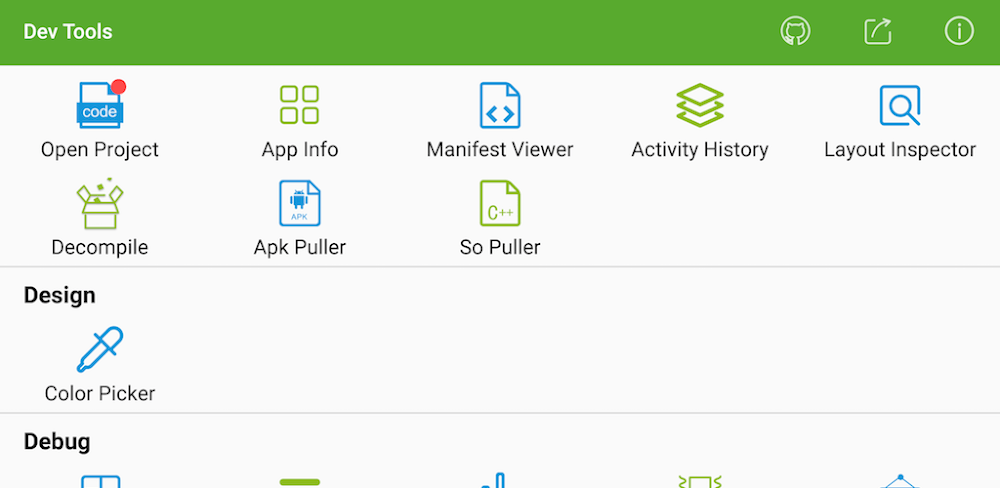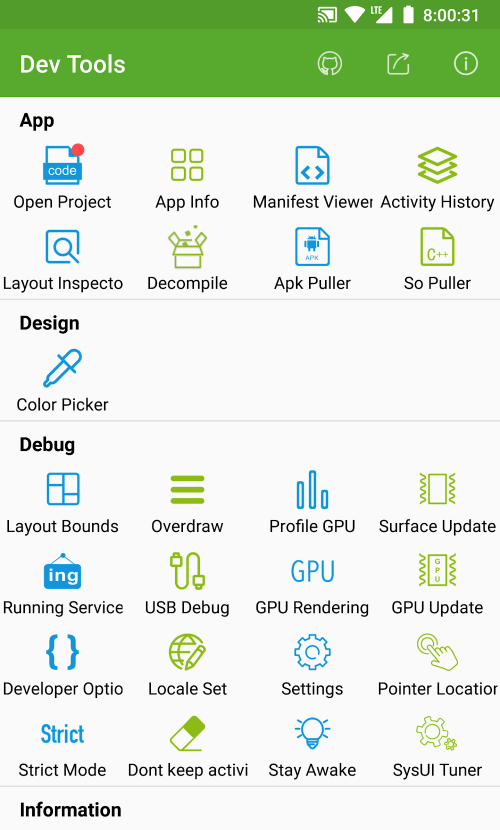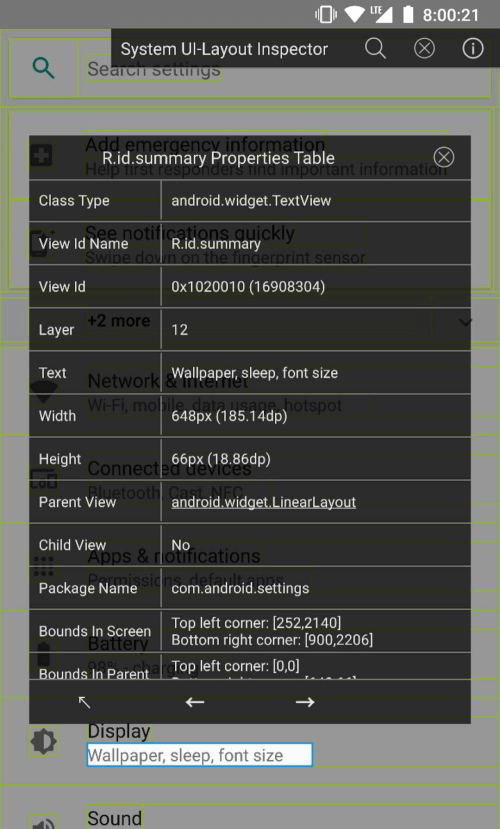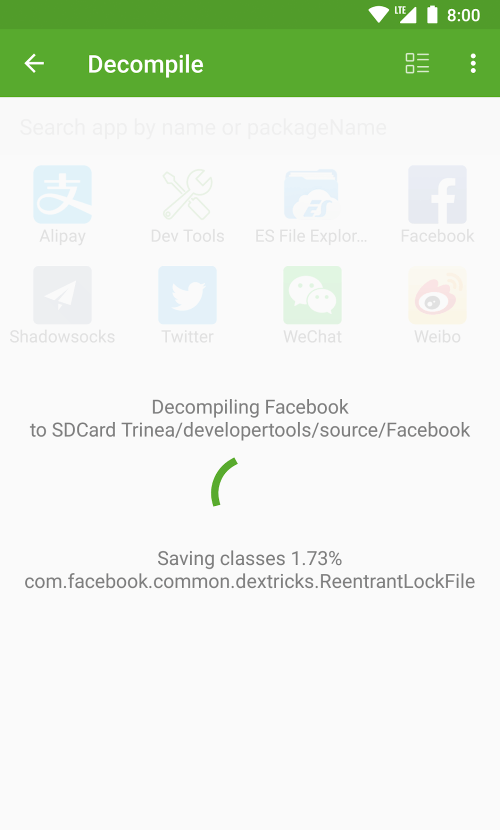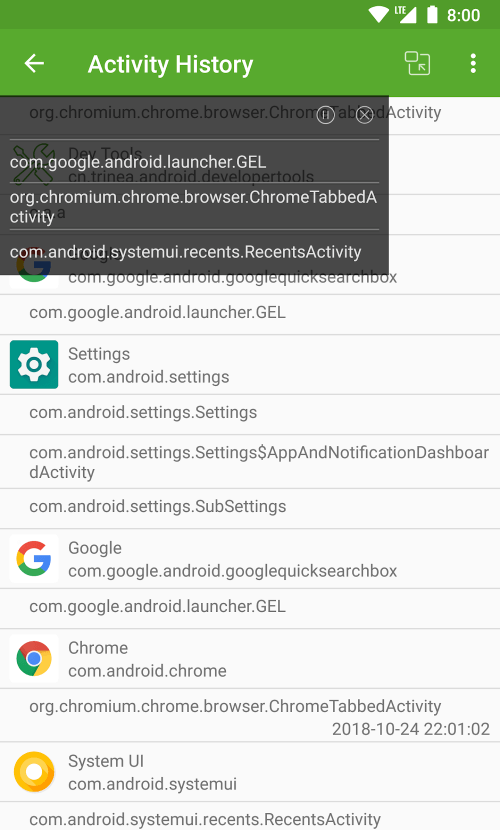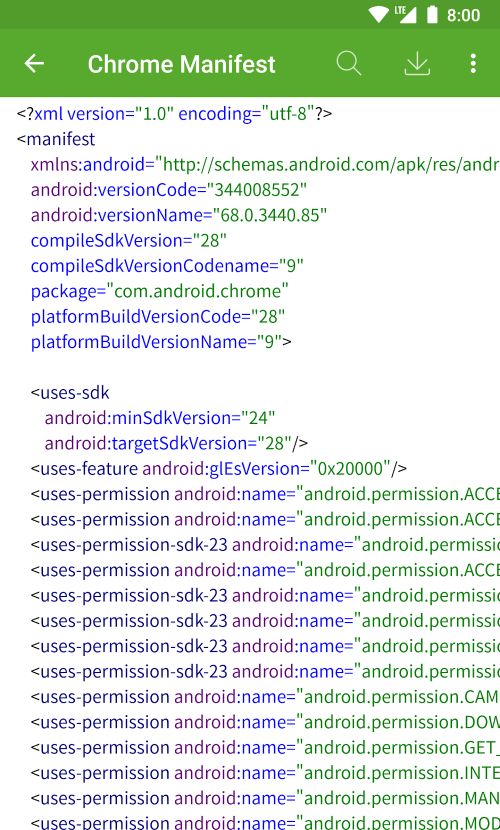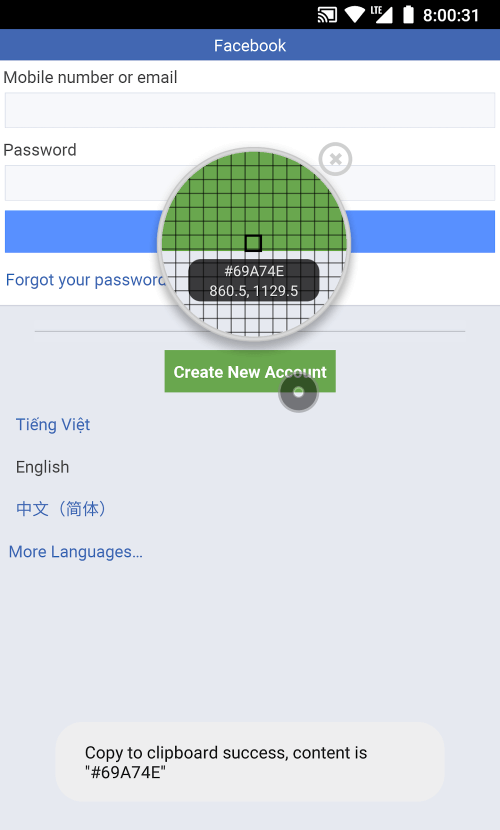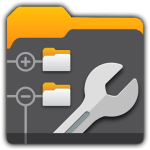Dev Tools proves to be an indispensable tool for any Android programmer because it simplifies operations and cuts the amount of time it takes to develop new features. It is possible to decompile other applications with it, view the layout details of other applications, view the color of the screen (by using a color sampler or eyedropper), view the most recent open source projects, view the activity history, view the manifest of any application, view recently used or installed applications, extract apk files or something similar, debug applications, and view information about the phone’s hardware and software.
Every day, fresh open-source projects are presented for display. A widespread Android open source project that was chosen with care. You can manage your apps and get details about them here. Monitoring your app is simple and uncomplicated. You can examine all of the applications currently loaded on your device, as well as the applications that you have recently installed or make frequent use of, in a grid format. Examine specifics such as the name of the package, its version, its uid, its apk dir, it’s so dir, its data dir, the first and last install times, component metadata, and more.
You have rapid access to the Developer Options menu, where you can make adjustments if required. Now, something that used to take several seconds may be accomplished with just one click of the mouse. There are a variety of capabilities available, including screen layout display, debug GPU overdraw, layout update, forced GPU rendering, GPU view update, GPU rendering, pointer position display, strict mode, don’t keep activities, stay awake, and Running Service. You may check the operating system version, hardware data, screen specifications, CPU specifications, virtual machine specifications, network settings, and Device ID in a flash. Popular options include the System UI Tuner, the capability to alter languages, the developer settings, and the “my programs” section.
